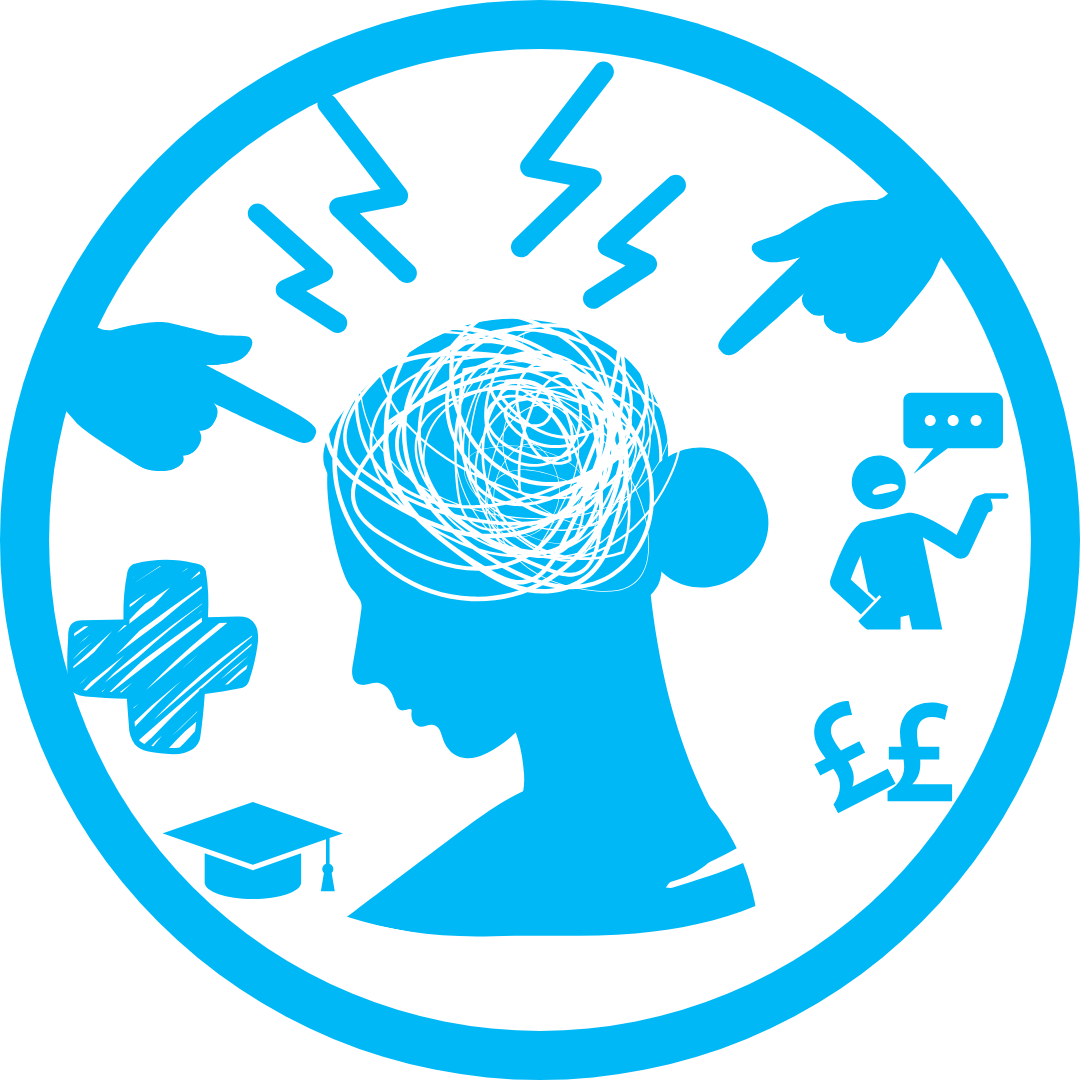What is Trauma Awareness for Professionals?
Navigating through health, social care and education systems can cause severe trauma to families of people with severe learning disabilities. Families, traumatised by a system that is supposed to work for them and their relative, are often labelled ‘difficult’ or ‘un-cooperative’.
For professionals working to support people with severe learning disabilities, gaining awareness of what trauma is, what it feels like to families and why it occurs can help them review their way of working in order to prevent trauma from occurring or re-occurring. Increased awareness can help in developing empathy for families and valuing their lived experiences.
Why is this needed?
Research from multiple sources Baker et al (2020), Broken Report (CBF 2020), & Tea, Smiles and Empty Promises (CBF 2020)(A report from the families 10 years on from Winterbourne View) all show how families experiences of interacting with this system is predictably creating trauma and how this can be prevented.
Read more about the Broken report
Some words from the families who worked with us to co-produce the survey and compile the Broken report (CBF, 2020), taken from their opening statement:
“We are families who have been traumatised by the continual fights with the very services who are supposed to help us make life easier for our disabled family members. Over the years, we keep coming across other families with disabled children who have suffered in the same way as we have and realised that we were not unique in having to constantly fight the system for even the most basic help for looking after our disabled relative. Our main problem is not our relative, but the response from others, especially those who have the power to help but seem unwilling to do so. We feel that change is long overdue, that the present system cannot continue to hurt the most vulnerable in our society, because it is inhumane. ….We hope that people in the various care professions take the time to listen and, most importantly, to act to bring about major change. Perhaps then, we can lead ordinary lives, like everyone else, instead of ones full of trauma.”
Predictable and Preventable: A Documentary on how the sytem causes trauma
Based on the co-produced research, the Tizard Centre, University of Kent and the Challenging Behaviour Foundation collaborated to produce a documentary on how the system causes trauma to family carers of people with severe learning disabilities. Watch the documentary here:
Trauma Awareness Training Workshops
The ‘Predictable and Preventable’ trauma awareness training workshop, particularly designed for professionals, facilitates an understanding of families’ experiences of navigating health, social care and education systems. It explores the factors that contribute to traumatic experiences for families and encourages professionals to reflect on how they can prevent trauma from occurring or re-occurring.
To find out more about the workshops, please see Workshops – What We Offer or contact our workshops team.
Trauma Awareness Training for Professionals
Whole Family Approaches
Building on the co-produced research and training workshop on trauma awareness, the Whole Family Approaches training workshop was developed for professionals who would value the opportunity to engage in a reflective and practical course to improve practice around family centred approaches.
In this training workshop, participants gain the opportunity to explore how embedding family-centred approaches enhances a strengths-based approach to collaborative working with families.
To find out more about Whole Family Approaches Training workshop, please see Workshops – What We Offer or contact our workshops team.
![]()
What is Whole Family Approaches for Professionals?
A Whole Family Approach means family centred practices are designed to meet the strengths and needs of both the family and the individual.
It recognises the interdependencies and interconnections between family members and acknowledges the family is the centre of services provided.
This means that professionals need to recognise how their practices support this Whole Family Approach.
This includes working collaboratively with families to identify their collective and respective needs; providing timely and flexible support; taking a holistic approach by considering and making use of individual strengths and addressing barriers to services.
To know more about the Whole Family Approaches Training workshop, read this or contact our workshops team.
Co-Production
The term co-production refers to a way of working, whereby everybody works together on an equal basis to agree on what the issue is, what is needed to address it and to create a solution or come to a decision which works for them all. It has clear links to, and is grounded, in person-centred approaches. Co-production means professionals and citizens sharing power in designing, planning and delivering support together. It is about recognising that everyone has an important contribution to make to improve quality of life for people and communities.
In developing a trauma awareness raising resource for professionals, the CBF recruited family carers who were in control through each step of the production. From developing the messages, producing media, editing and delivery, the family carers worked together with CBF staff to produce better outcomes. To know more about how co-production happens at the CBF, access this resource.
“Co-production is not just a way of working, its a way of being. Working on this project has been a journey of recognition that as a professional, I am not always the expert in the room and this was not my story to tell. It has taught me that empathy, humility and openness are the foundational building blocks of co-production.”
Linda Hume, Registered Nurse: Learning Disability

